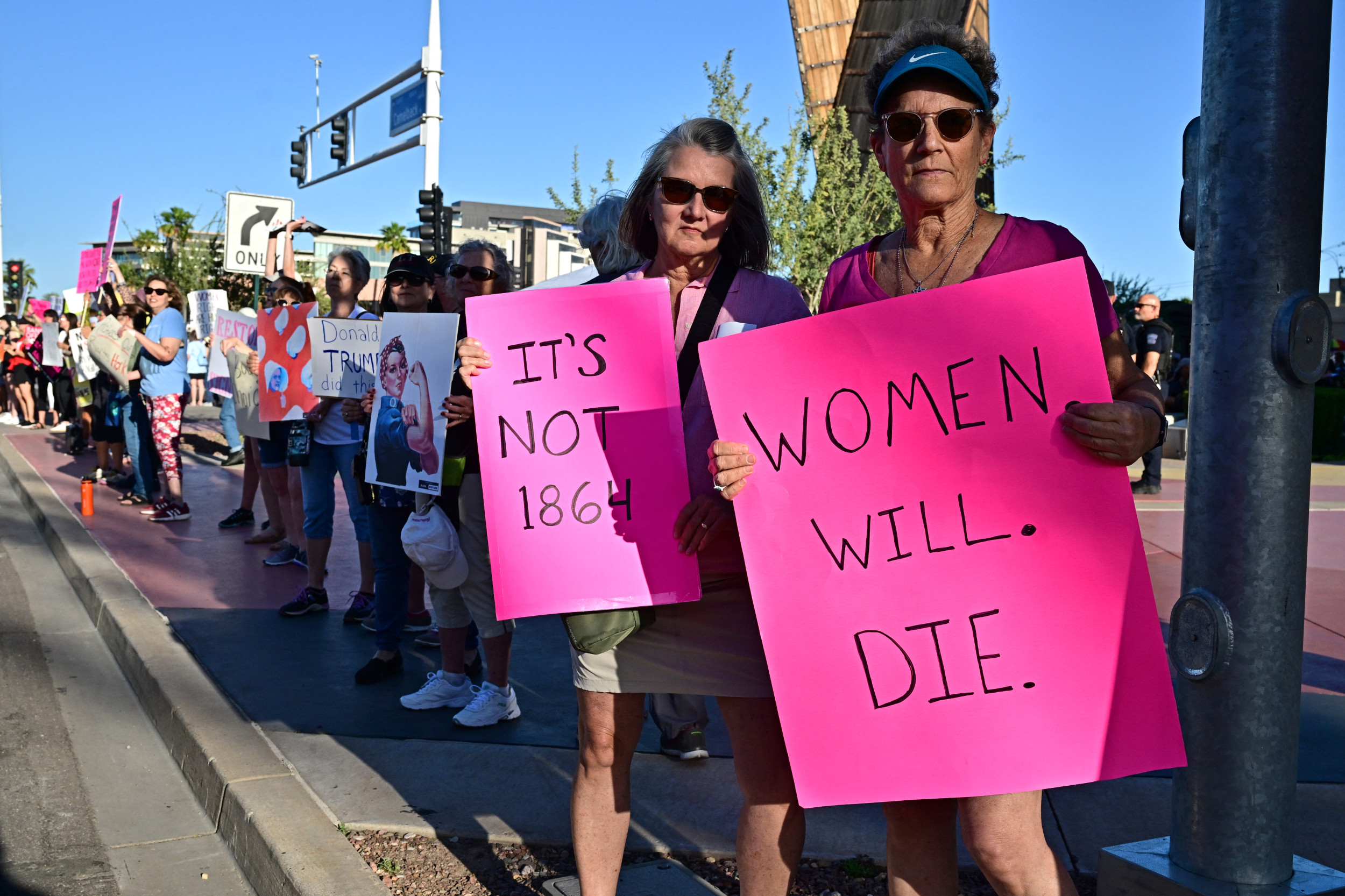German authorities pepper-sprayed protesters that gathered near the Reichstag building in Berlin on Wednesday to oppose new COVID-19 restrictions detailed in a proposal from German Chancellor Angela Merkel's government, approved by German lawmakers, to issue restrictions in areas with high COVID-19 rates, the Associated Press reported.
Berlin police said on Twitter that after bottles were thrown at emergency services by demonstrators, pepper spray was used and some protesters had to be prevented from climbing a barrier.
"There are some people out there today on the streets of this city who say it isn't serious and there's almost nothing going on," German Vice Chancellor Olaf Scholz said, according to AP. "Yes, something is going on: 80,000 people in this country have died, and you can't talk past or overlook that."
The proposal that led thousands of German citizens to protest seeks to enforce a curfew in certain high-infection-rate areas from 10 p.m. to 5 a.m. and to shut down or restrict access to stores, among other restrictions.
For more reporting from the Associated Press, see below.

After Parliament's lower house debated the proposal and thousands gathered nearby to protest, police eventually ended the demonstration after participants ignored coronavirus restrictions.
The legislation to apply an "emergency brake" consistently in areas with high infection rates is intended to end the patchwork of measures that has often characterized the pandemic response across highly decentralized Germany's 16 states.
Lawmakers in the lower house voted 342-250 for the plan, with 64 abstentions. The upper house, where state governments are represented, is due to consider the legislation Thursday. It would apply until the end of June.
"As hard as it is, as sick of it as we are, reducing contacts helps," Health Minister Jens Spahn told lawmakers.
"We are again seeing 5,000 COVID-19 intensive care patients and rising, with the age of the patients sinking," Spahn said. "We want to avoid an overburdening of our health system, an overburdening that many of our neighboring countries have experienced painfully."
An estimated 8,000 protesters assembled near the Reichstag building and a few of them were wearing masks. Police ended the gathering after organizers failed to get participants to comply with coronavirus restrictions.
The police department said on Twitter that seven people were arrested.
"Because that's the case, and because the situation is still serious, something must be done beyond what we have done so far," Scholz said. "And what we need now is clarity and consistency for what happens when the...infection rates rise too much."
The proposal also features plans to limit personal contacts and to close leisure and sports facilities.
The measures would kick in for areas where there are more than 100 weekly new cases per 100,000 residents. Schools would have to switch to distance learning at a higher rate of 165 weekly new cases.
Germany's nationwide rate stood at 160 new cases per 100,000 residents on Wednesday, though there were wide regional variations.
Opposition lawmakers advanced a variety of arguments against the bill. Alexander Gauland of the far-right Alternative for Germany, which opposes lockdown measures in general, called it an "attack on rights of freedom, federalism and common sense."
The Greens had different objections.
"This emergency brake remains too half-hearted, too ineffective, too inconsistent and too disproportionate," lawmaker Maria Klein-Schmeink said.
Newsweek, in partnership with NewsGuard, is dedicated to providing accurate and verifiable vaccine and health information. With NewsGuard's HealthGuard browser extension, users can verify if a website is a trustworthy source of health information. Visit the Newsweek VaxFacts website to learn more and to download the HealthGuard browser extension.
Uncommon Knowledge
Newsweek is committed to challenging conventional wisdom and finding connections in the search for common ground.
Newsweek is committed to challenging conventional wisdom and finding connections in the search for common ground.
About the writer
To read how Newsweek uses AI as a newsroom tool, Click here.





